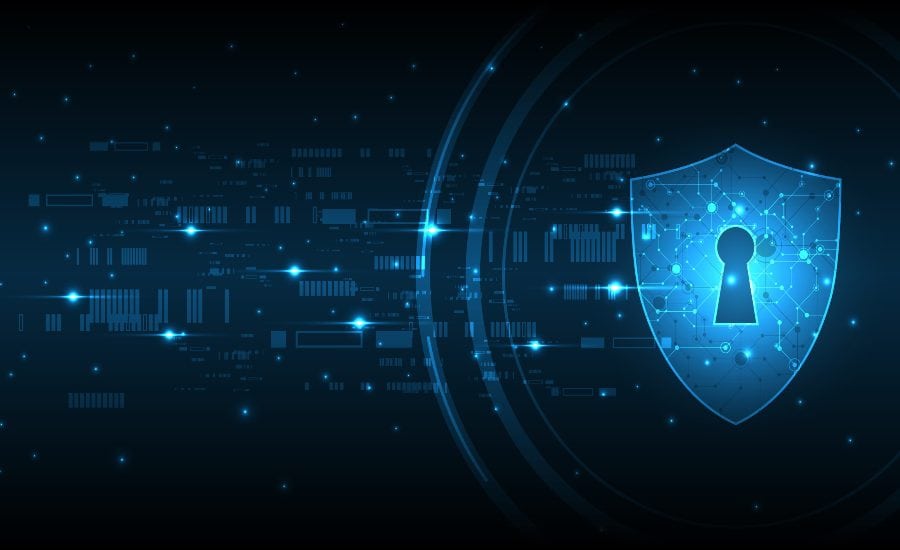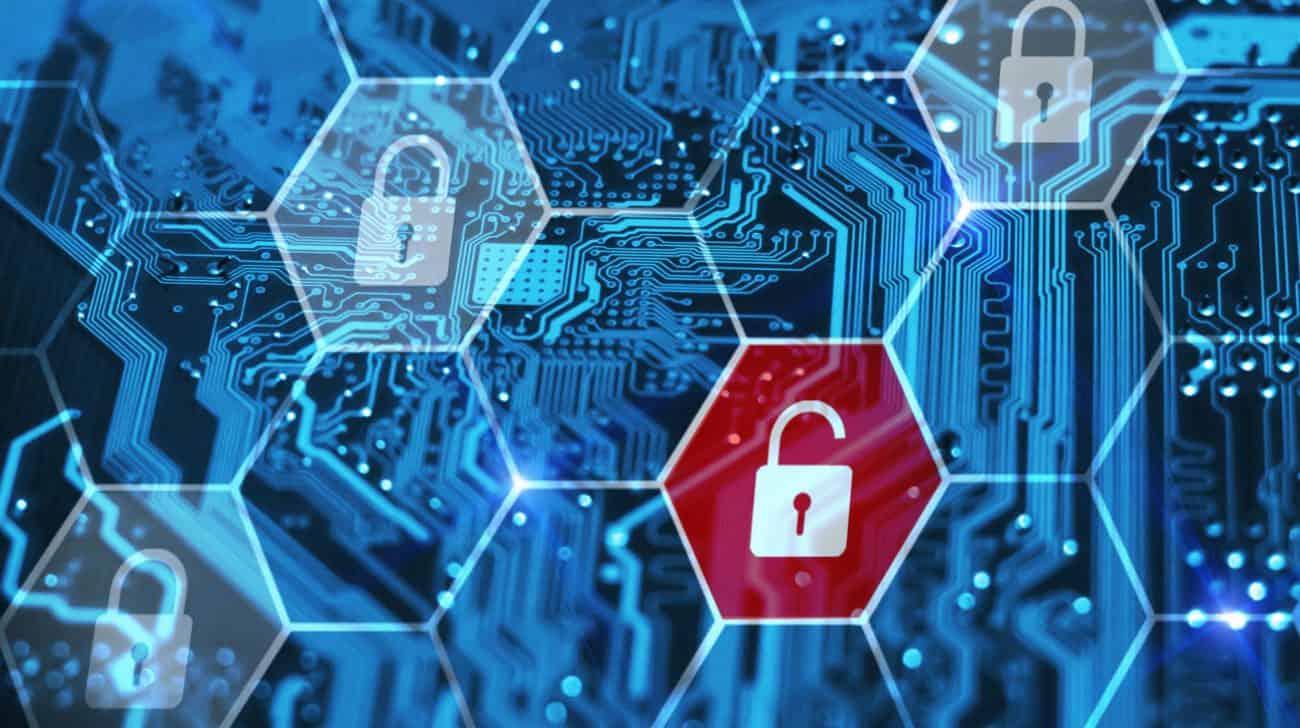How To Protect Yourself From Cyberattacks


Russia’s digital infrastructure is under a series of cyberattacks which caused the hacking of the Russian Ministry of Defence database, multiple state TV channels, banks, state broadcaster RT, Control Center of the Russian Space Agency, and other websites. And now that various states are imposing sanctions on Russia due to its hostility towards Ukraine, some experts think it is only a matter of time before the hackers of said country retaliate.
According to Saryu Nayyar, CEO of security firm Gurucul, it is unlikely that Russia would do this to individuals around the US. However, Nayyar underscored that “any cyberattack can have repercussions on individuals,” especially now that our lives greatly depend on technology.
“So while at the moment I do not believe that private U.S. citizens should cower in fear over Russia’s capability of adversely impacting them via cyberattacks, it is reasonable to expect that their lives will be impacted in some ways by cyber retaliatory actions that result from U.S. sanctions and other political maneuvering,” said Kevin Novak, managing director of security firm Breakwater Solutions.
That said, professionals and other experts in the field are encouraging US citizens to observe precautionary measures if such an event happens. Here’s how you can do it:
Strong Passwords. Passwords also play a very crucial role in protecting you. The level of protection it can provide, however, depends on its construction. This is why it is suggested to create passwords with a combination of letters (upper and lower case), numbers, and symbols. It is also recommended to use long passwords and not include words related to your personal information.
Secure Your Network. Do not trust the security settings of your routers. That said, set up your network by logging into your router and creating a password using a secure, encrypted setup.
Online Risk Awareness. The online world is a dangerous place filled with threats that can penetrate your network and device. It can simply happen by visiting an infected website, phishing emails, or just clicking a link or downloading a malicious file. With this, it is best to be mindful of your actions online and ignore spam messages and the same questionable emails. Most of all, only shop and visit encrypted websites (HTTPS).
Multifactor Authentication. Allowing an authentication process on your accounts will give you extra protection from attacks. By activating it, you will be asked first to authenticate your login using your email, phone, provided code, and more.
Updated Protection. You might not see your antivirus and malware software working in front of you, but they provide non-stop protection whatever you are doing on your device. This is why it is essential to always keep them updated on all devices, together with your device operating system, web browsers, and more. Also, consider a firewall that can prevent attacks and any damage to your network or system. It will also inform you of any intrusion attempt. If you still don’t have any of these defenses, it is time to have them.
VPN. A public internet connection is not safe. Other users on the network can pry on your activity, which will lead to various problems like session hijacking, malware distribution, and more. In that case, always use VPN that can provide you with online privacy and anonymity by creating a private network from a public internet connection.
Data Backup. If any of your devices contain important data, make sure to back them up. This will help you minimize the problems in case you face any cyberattack.
Read our disclosure page to find out how can you help MSPoweruser sustain the editorial team Read more




User forum
0 messages